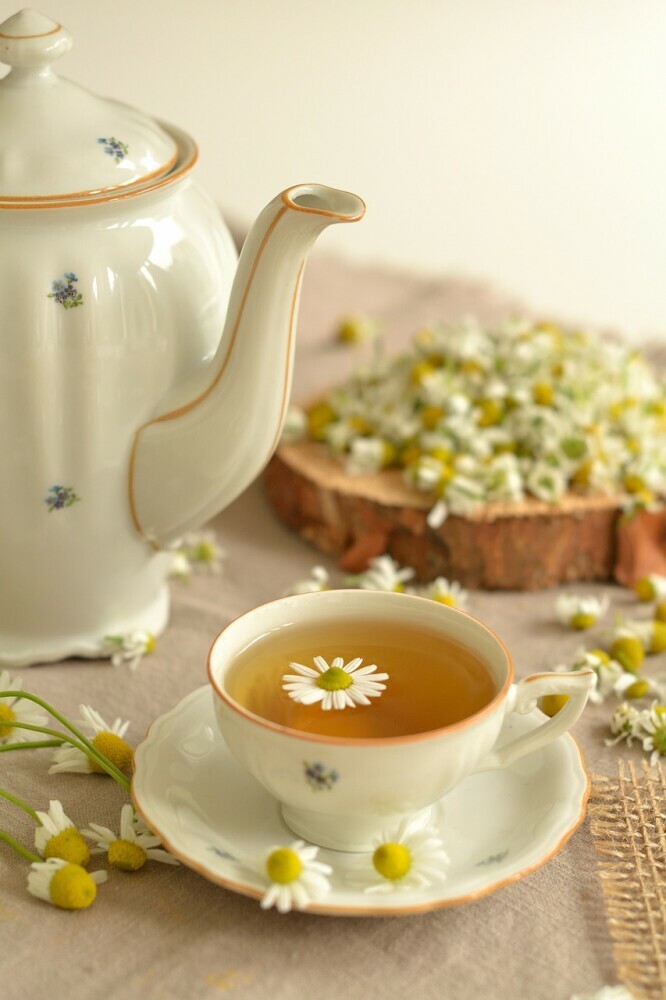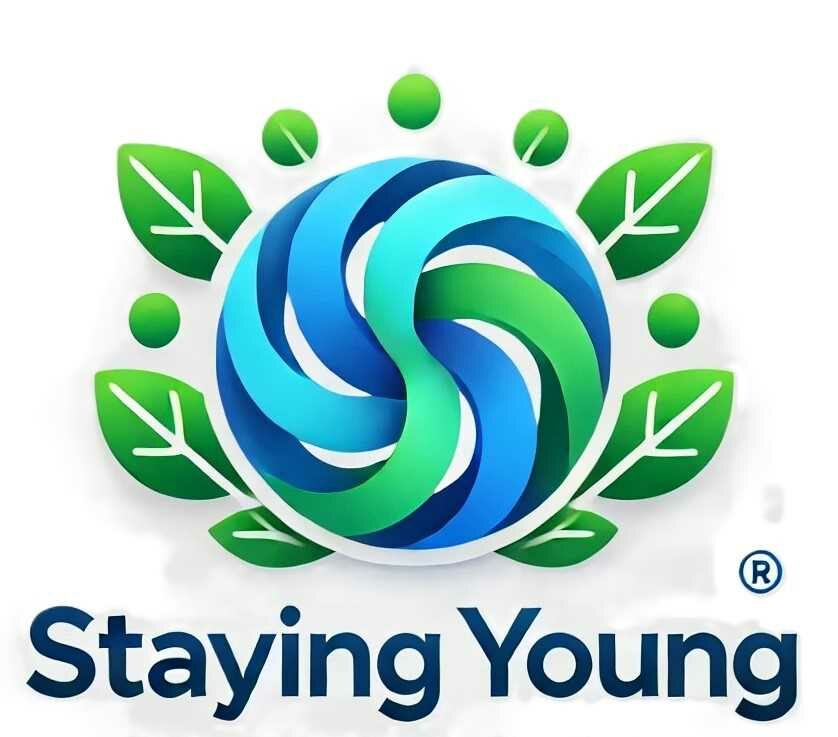You know the feeling: a fast-beating heart, tense muscles, and a mind racing faster than a high-speed train. This is stress, and it’s a natural response to challenges or danger. But what’s really happening inside your body? When you feel threatened, a mix of hormones and chemicals like adrenaline and cortisol surge through your system, readying you for ‘fight or flight.’
In today’s fast-paced world, chronic stress can become a public enemy to well-being. It affects us not just mentally, but physically too, potentially leading to a wide range of health issues like hypertension, heart disease, and weakened immune system. It’s not just major life events that cause it, either. Ever-present concerns like job security, personal relationships, and daily traffic can keep our stress levels high with no end in sight.
Before we delve into the realm of nature’s remedies in the next section, remember this: recognizing your stressors is the first step in managing them. Whether it’s a looming deadline or an ongoing conflict, identifying what sets your nerves on edge is crucial. Once you’re aware, you’ll be in a better position to choose the right strategies—and perhaps some natural supplements and herbs—that can help bring some tranquility to your turbulent tides.
Nature’s Calm: Exploring Supplements and Herbs for Stress Reduction
Have you ever wondered if simple, natural remedies can help manage your stress? Guess what? They can. The use of herbs and natural supplements for relaxation isn’t new; it dates back centuries across various cultures. Today, we’re lucky to have not just anecdotal evidence, but scientific research backing the efficacy of certain herbs and supplements for stress relief.
Ashwagandha, for instance, isn’t just a difficult word to pronounce – it’s a powerful adaptogen. Adaptogens are substances that may help your body manage stress more effectively. Studies have shown that this ancient herb can potentially reduce cortisol levels, often referred to as the ‘stress hormone.’ Then there’s Rhodiola Rosea, another adaptogen that has been researched for its ability to support the body’s stress response.
 But let’s not forget the comfort in a cup that herbs like Lavender and Chamomile offer. A warm brew of Chamomile tea isn’t just mentally soothing, but it may also help reduce anxiety and improve sleep, making it a worthy night-time ritual. Lavender, with its enchanting scent, has a track record of easing nervousness and improving sleep quality.
But let’s not forget the comfort in a cup that herbs like Lavender and Chamomile offer. A warm brew of Chamomile tea isn’t just mentally soothing, but it may also help reduce anxiety and improve sleep, making it a worthy night-time ritual. Lavender, with its enchanting scent, has a track record of easing nervousness and improving sleep quality.
However, and I can’t stress this enough, before you rush to grab any supplement off the shelf, it’s crucial to consult with your healthcare provider. This is especially true if you have underlying health conditions or are taking other medications. Supplements are not one-size-fits-all, and their interactions with medicines can be complex.
Let’s remember, though, that supplements and herbs are part of a puzzle – they can help, but they’re not the whole picture. Coming up next, we’ll delve into how you can integrate these natural soothers into a comprehensive plan to manage stress better. It’s about creating a symphony of practices that work for you, so stay tuned as we put it all together in the final section.
Integrating Supplements into a Holistic Stress Management Plan
I’m going to show you how supplements can play a role in a more comprehensive stress management approach. Remember, these herbs and supplements are best used as a part of a larger strategy aimed at reducing stress levels and improving your overall health.
Don’t worry too much about finding a perfect solution right off the bat. It’s okay to adjust your approach down the road as you learn what works best for you.
Choose something that resonates with you when integrating lifestyle changes. Whether it’s mindfulness practices, physical exercise, or ensuring you get enough rest, these elements should work in tandem with the herbs and supplements you’re considering.
You can always talk to your doctor or a healthcare professional about how to create a personalized stress management plan that includes both supplements and these lifestyle adjustments. Together, you can decide on the best course of action based on your individual health profile and needs.
In my opinion, managing stress is an ongoing process. It’s essential to regularly assess how your body and mind are responding to your stress-reduction strategies. If necessary, don’t hesitate to modify your plan to better suit your evolving situation or preferences.
I hope you find this holistic approach to stress management beneficial and that it brings you a sense of peace and wellness. Remember that your journey to a stress-resilient life is unique, and finding what works for you is part of the process.

